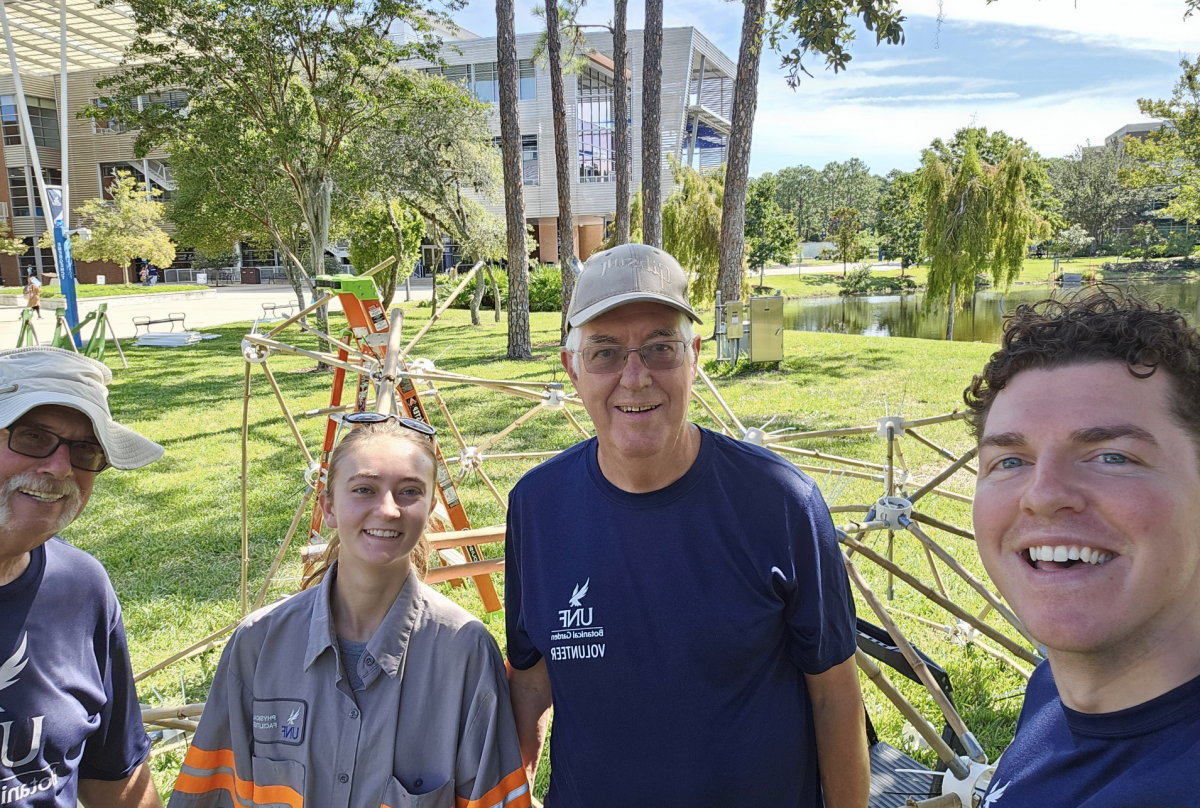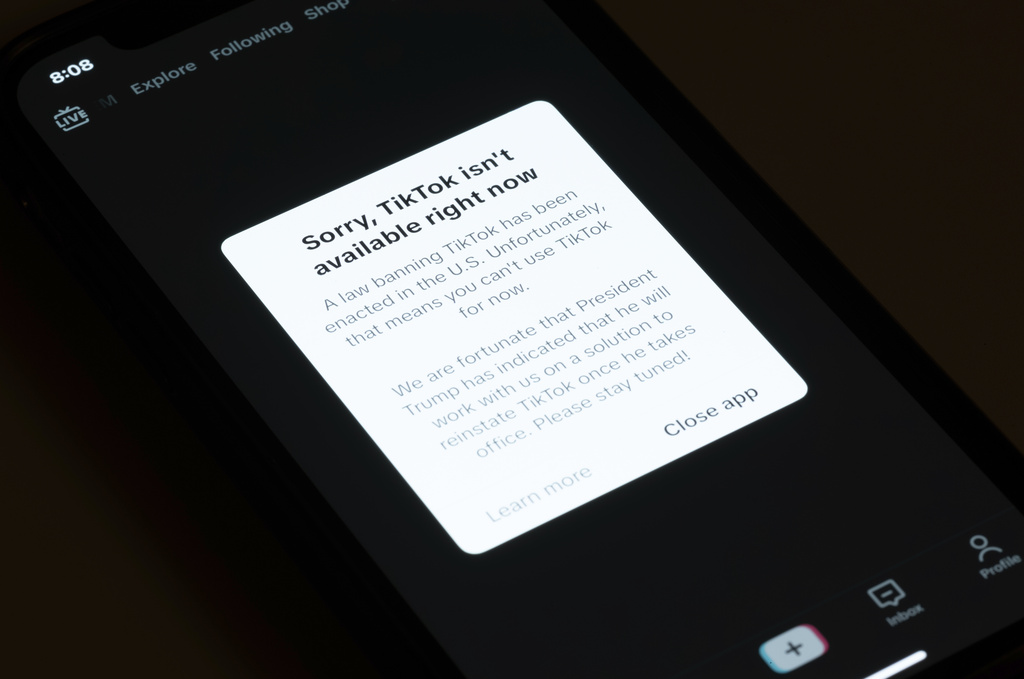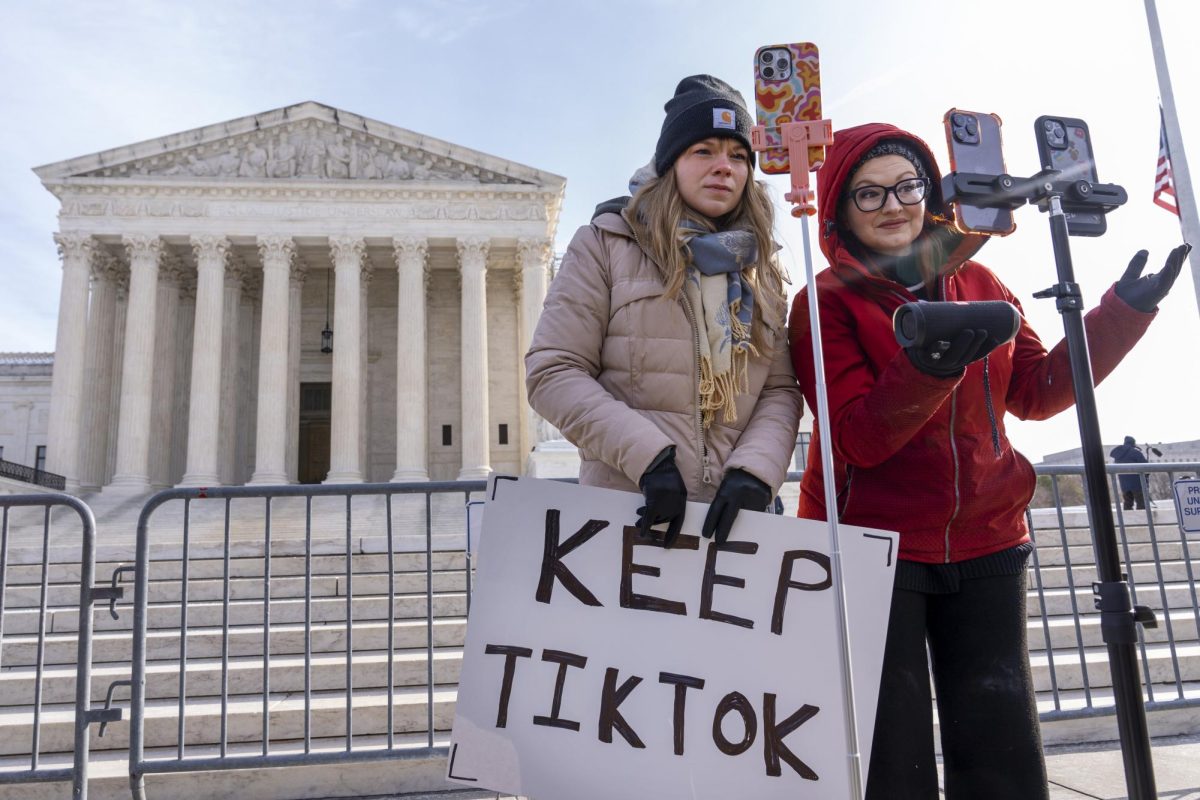Every week, up to 1.5 million phishing and scam emails are delivered to university inboxes, according to the University of North Florida Information Technology Services.
ITS inspects 2.1 million emails every week and prevents up to 100,000 scam emails from entering university email accounts, according to its data. Phishing and scam emails still enter student inboxes despite the efforts of ITS.
Jeff Durfee, Associate Vice President and Chief Information Security Officer at ITS, said it’s common for educational institutions to see an influx of phishing and scam emails at the start of academic terms— especially the fall term.
“[Scammers] know students are turning to college campuses in large numbers, so they increase the amount of spam and phishing attempts,” said Durfee.
The UNF Service Now website defines phishing as “sending a [scam] email that tricks someone into clicking on a link or opening an attachment.”
To identify a phishing email, ITS recommends watching out for spoofed email addresses, bad grammar and spelling, deceptive links or attachments, a sense of urgency and requests for personal information. Other red flags include incorrect personal information, deals that are too good to be true and generic greetings. UNF ITS reports that many of these phishing emails contain offers for work-study programs and internships.
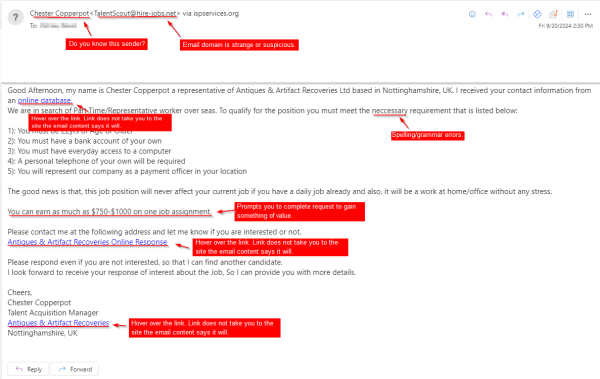
On Sept. 1, UNF ITS issued an alert advising students to report suspicious emails by clicking the “Phish Alert Button” located at the top of the original email.
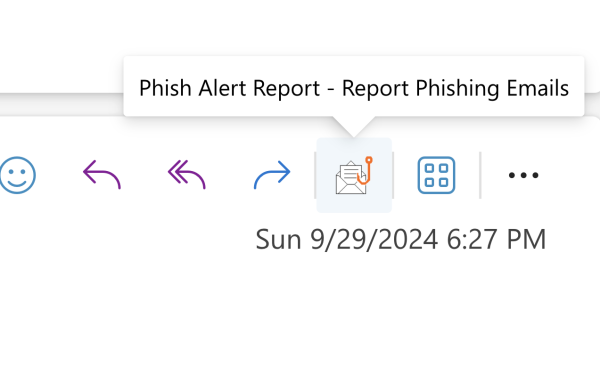
Joshua Lewis, a UNF mechanical engineering student, is one of the many victims of email phishing. According to Lewis, on Sept. 1, he received a poorly formatted email about an internship opportunity.
A PDF file was attached to the email. Upon clicking the file, Lewis said nothing seemed to happen. At the time, Lewis didn’t know that his personal data had just been compromised.
Following this incident, Lewis received up to 40 spam calls. Lewis said he hadn’t made a connection between the suspicious email and the spam calls.
Lewis said he first learned about phishing email scams from the ITS alert. Lewis realized he was the victim of email phishing during his interview with Spinnaker.
___
For more information or news tips, or if you see an error in this story or have any compliments or concerns, contact editor@unfspinnaker.com.





